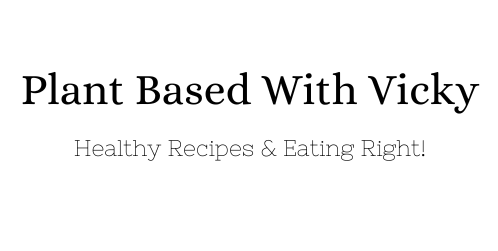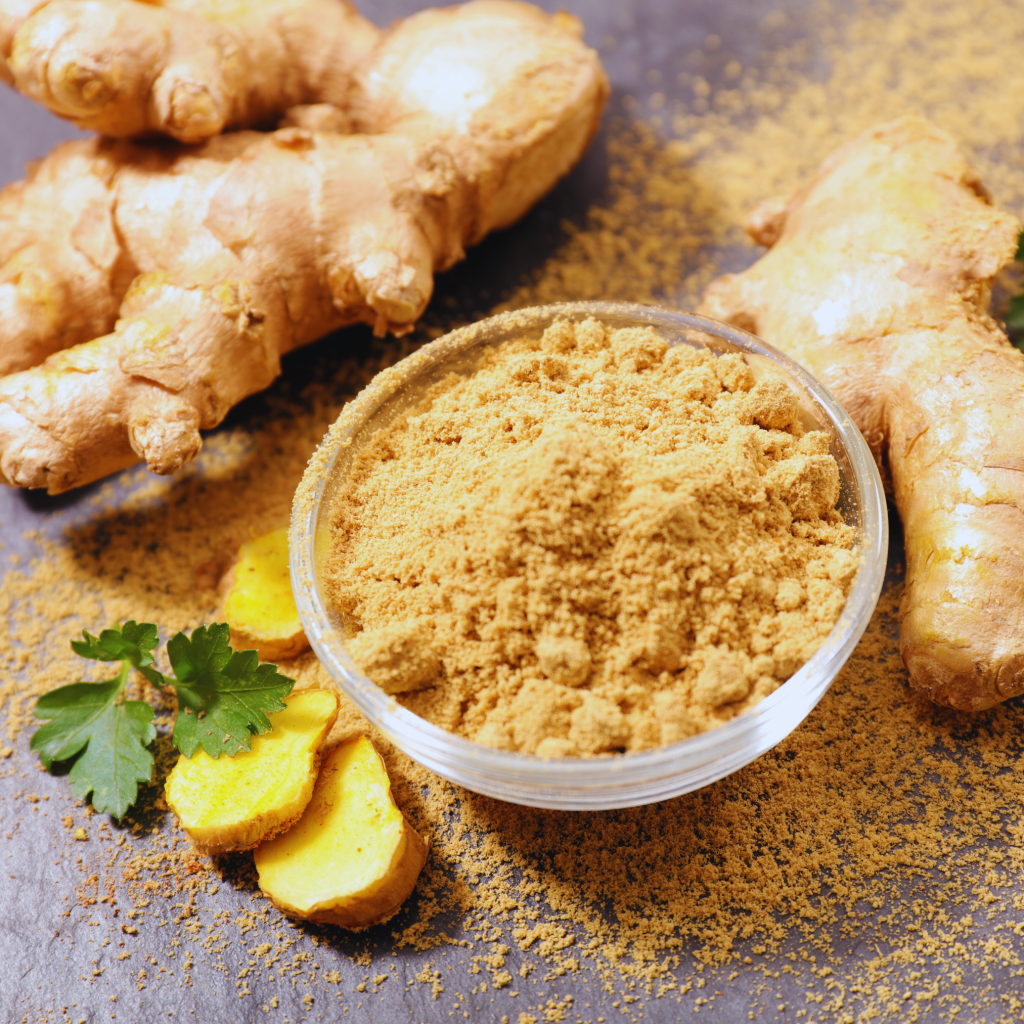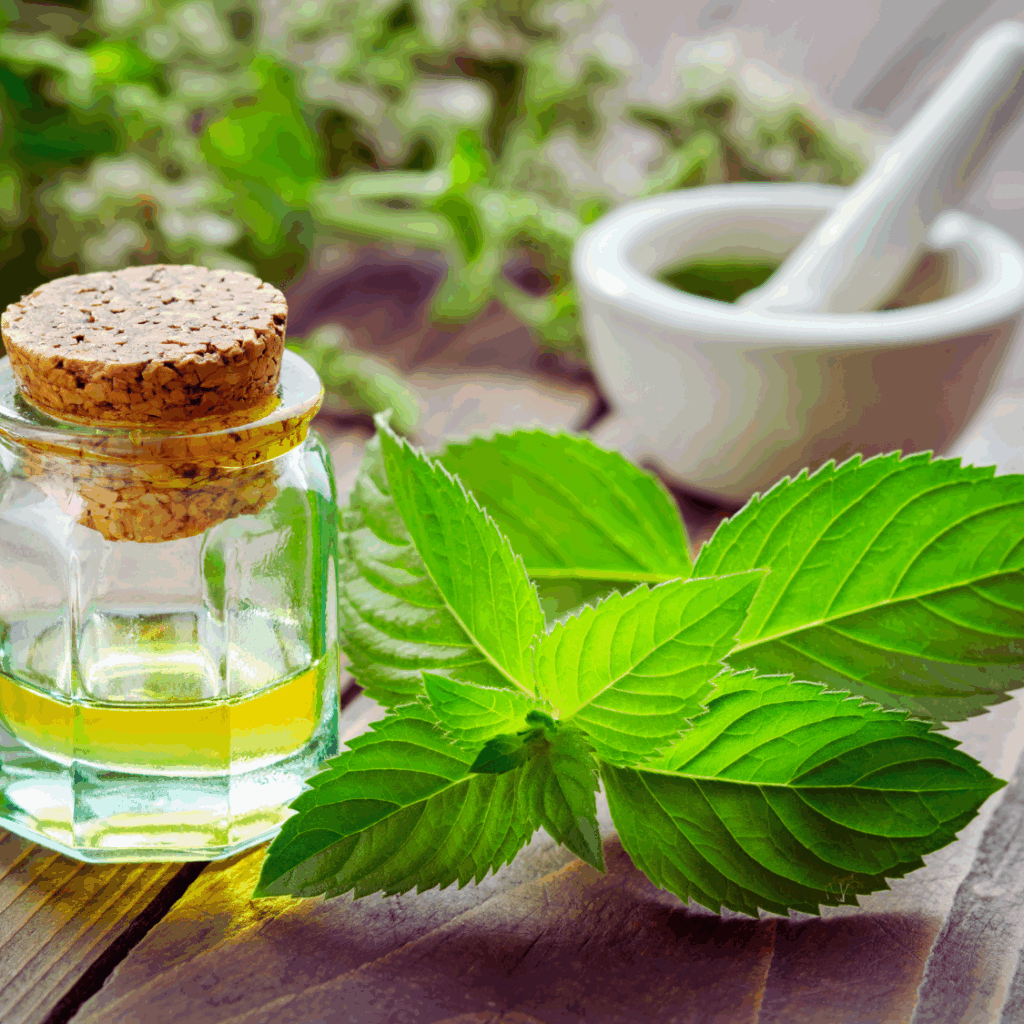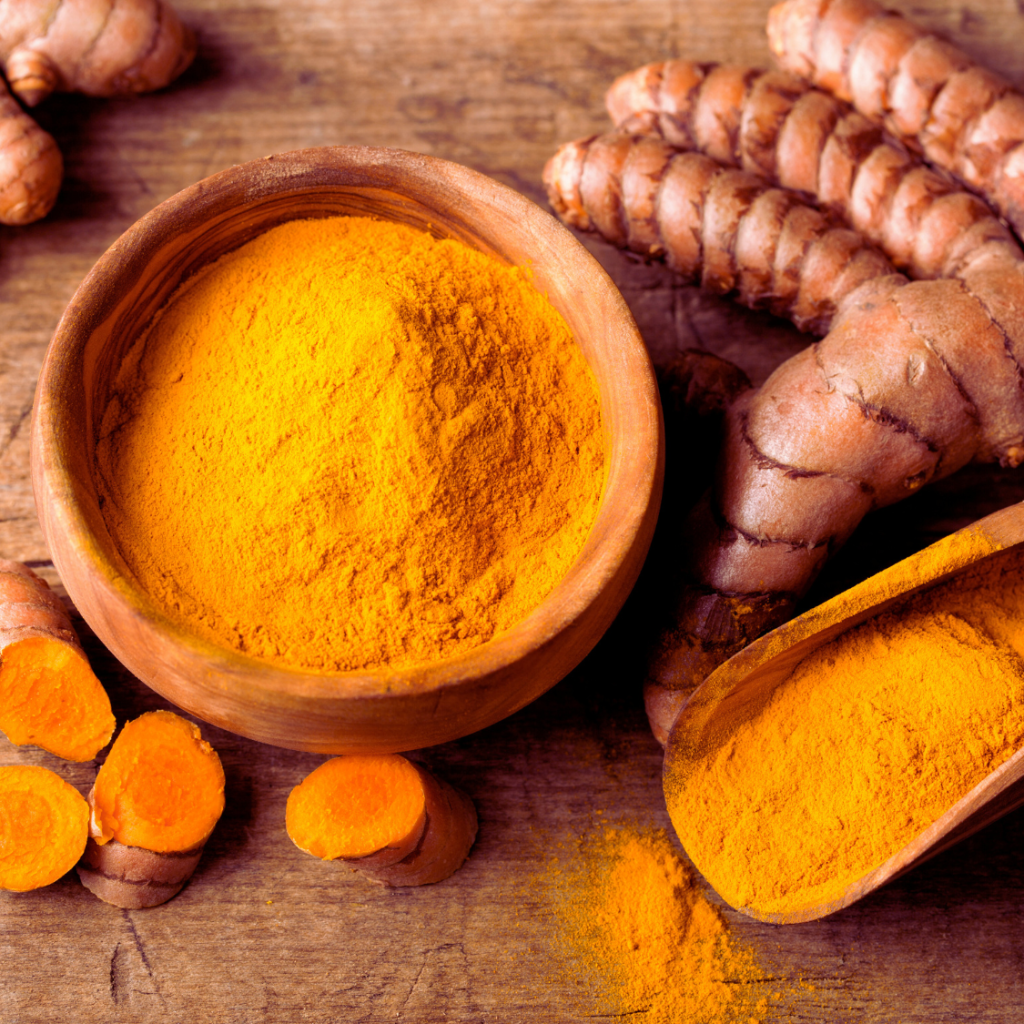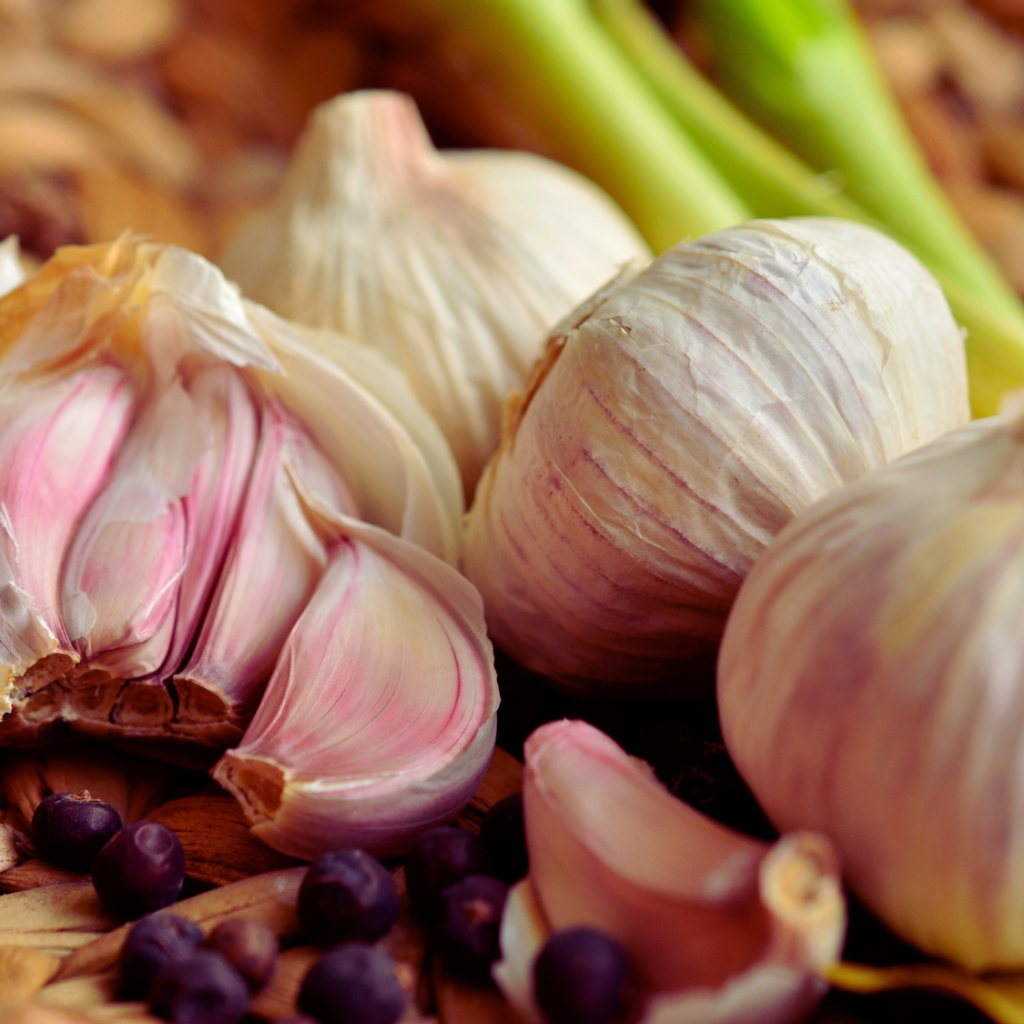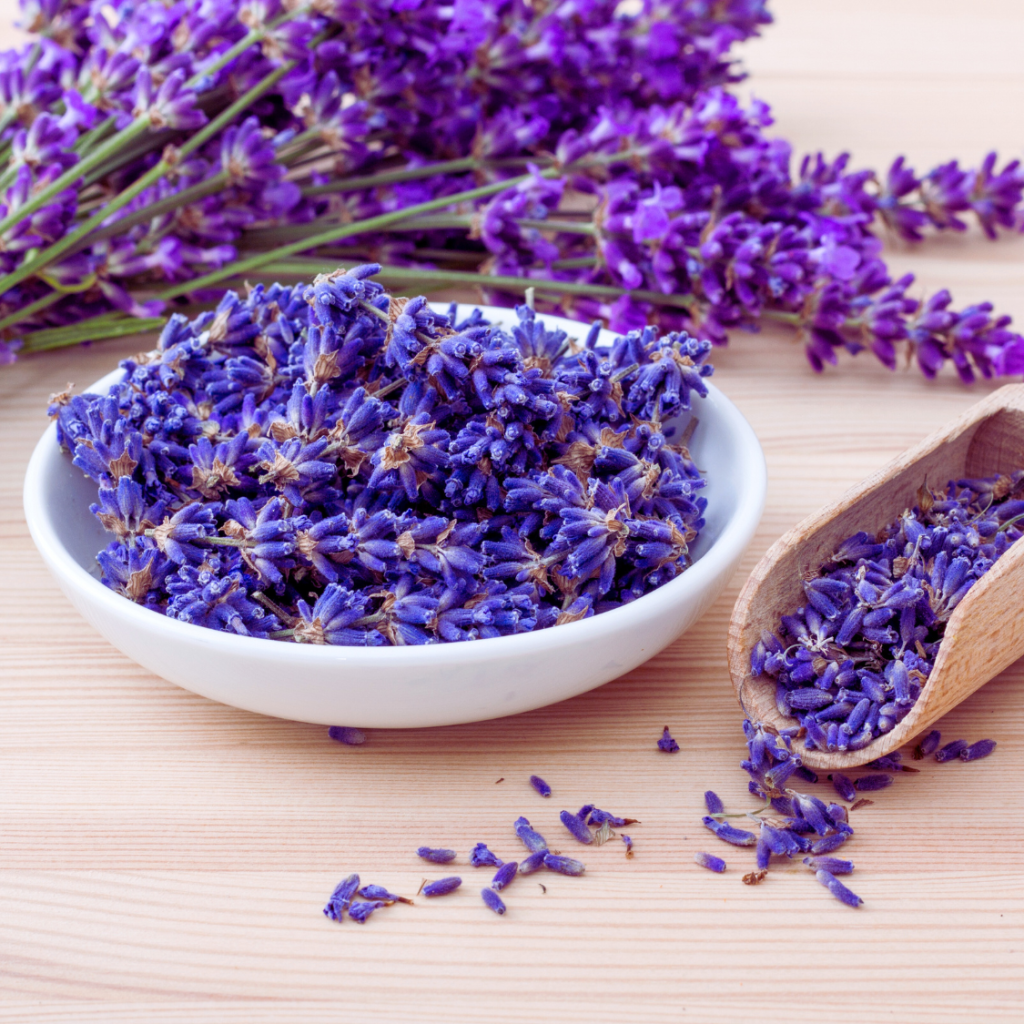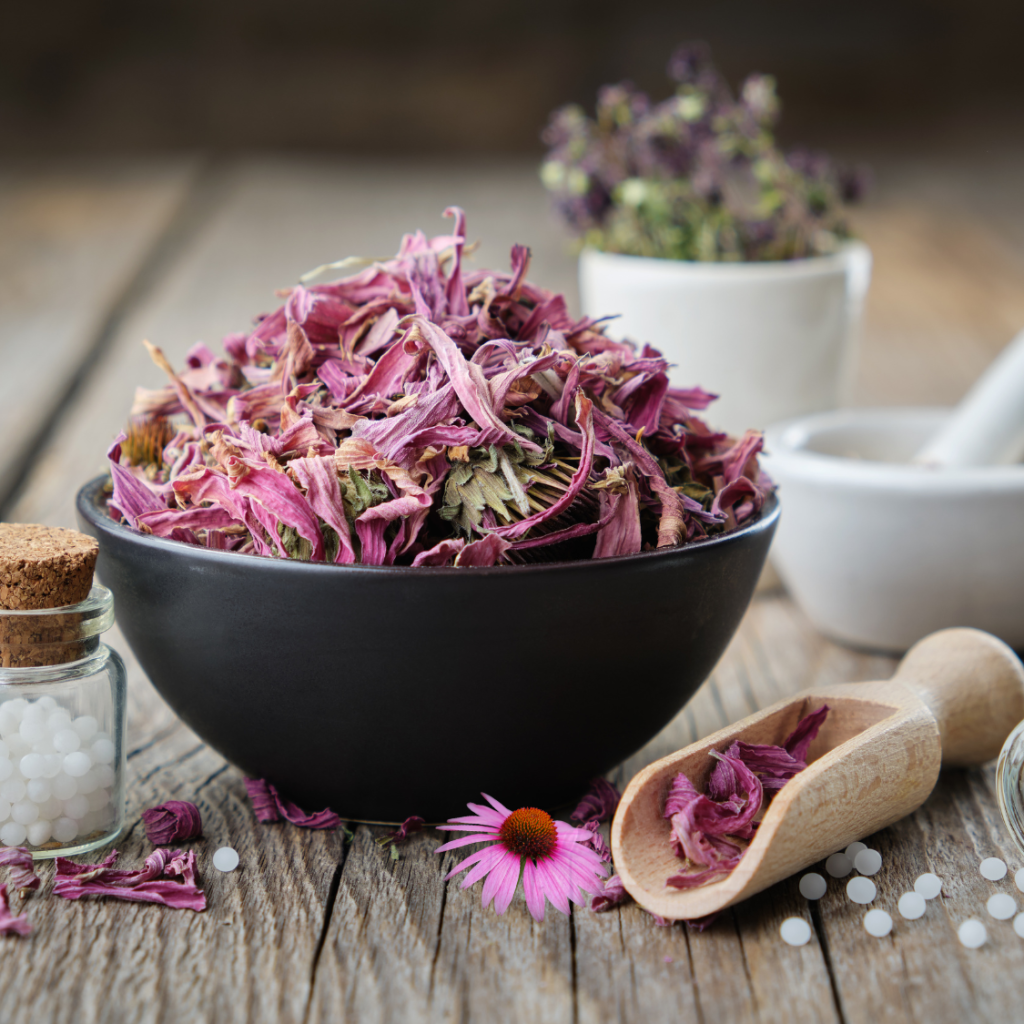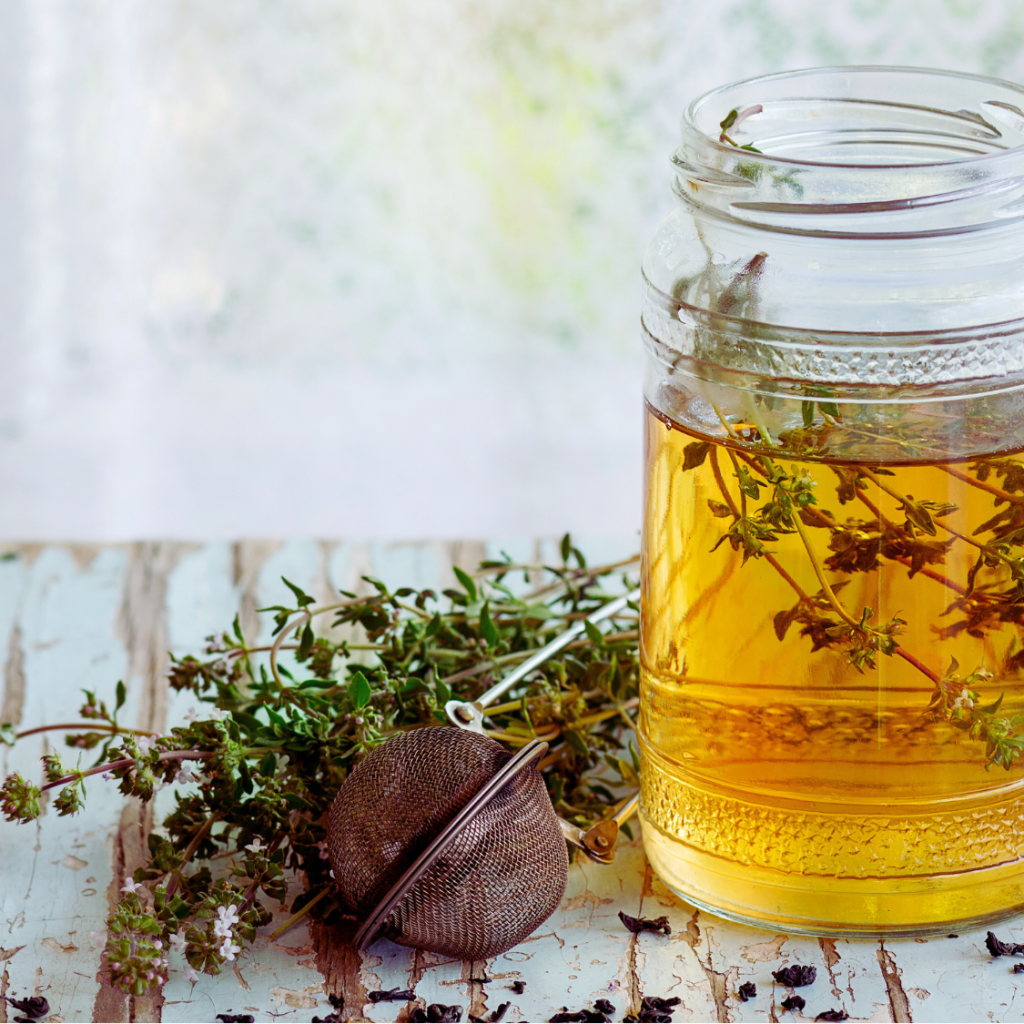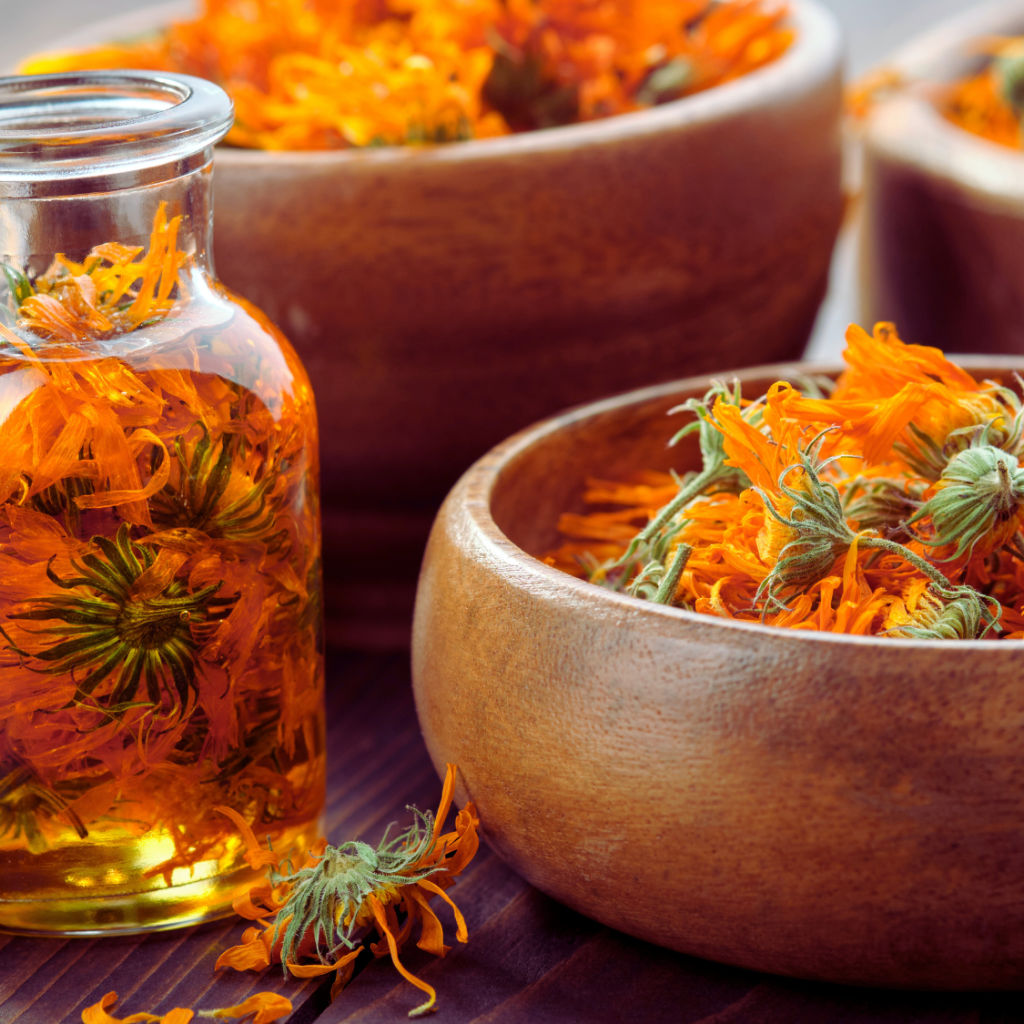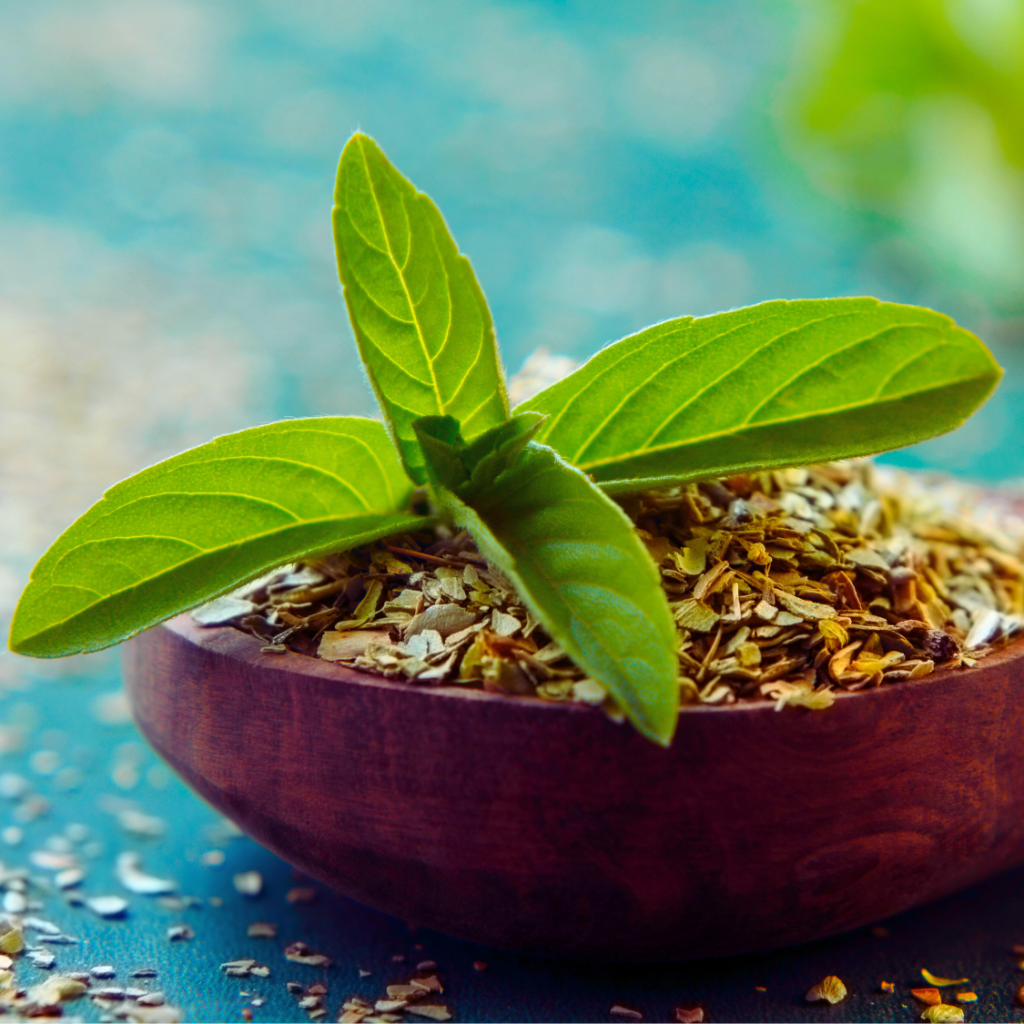13 Natural Healing Remedies with Plants and How to Use Them
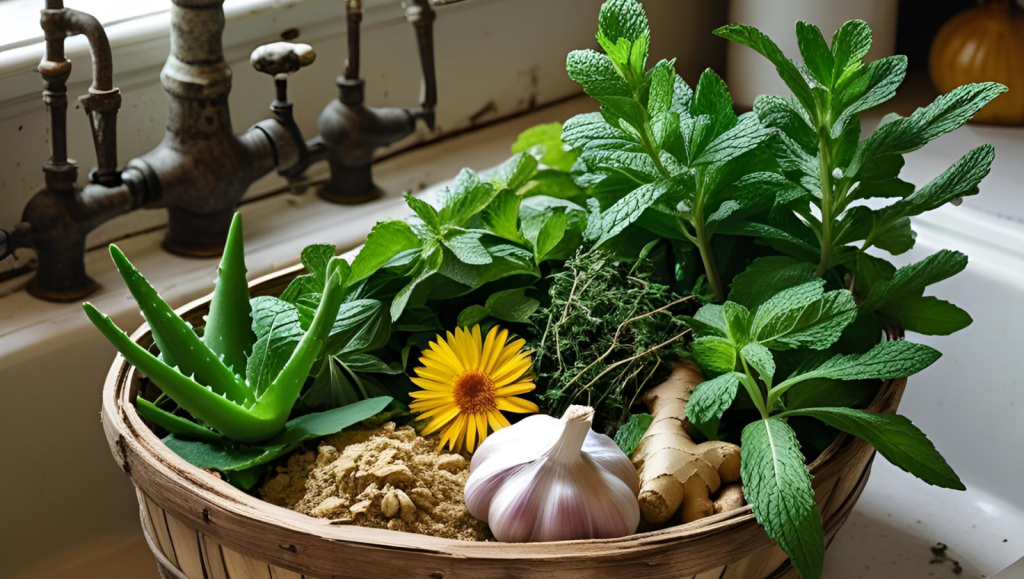
Nature has always been our greatest source of medicine. Long before pharmacies and pills, people turned to natural healing remedies for strength, comfort, and recovery. Today, many of us are returning to these time-tested practices as part of a holistic healing lifestyle—nurturing body, mind, and spirit with the gifts God has provided. Below are 13 powerful plants, each with unique healing properties, along with simple recipes you can make at home.
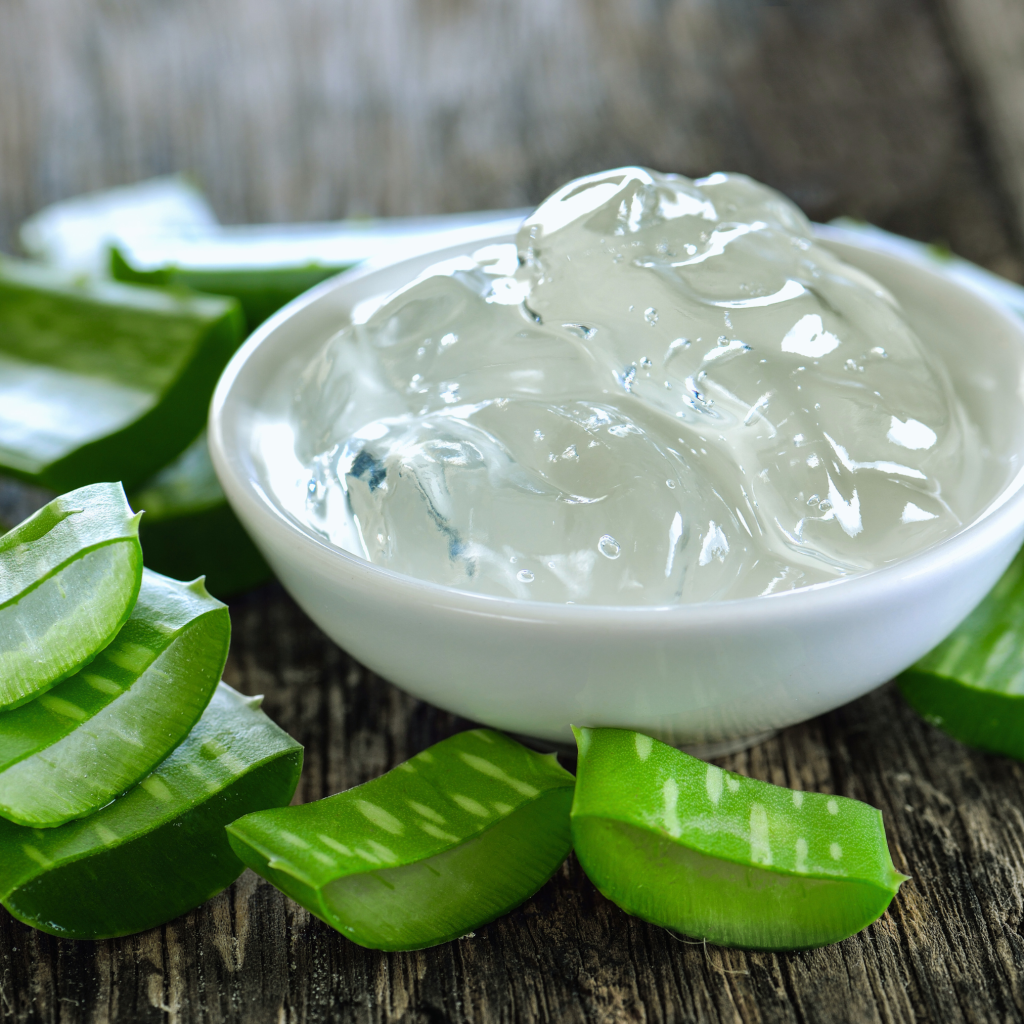
1. Aloe Vera – Skin Soother & Digestive Aid
One of the most versatile natural healing remedies, aloe vera is best known for its cooling gel that soothes burns, cuts, and skin irritations. It also supports digestion when taken internally in small amounts.
There are several types of aloe vera, but the one most commonly used for natural healing remedies is Aloe barbadensis miller, known for its soothing gel and medicinal benefits. Other varieties, such as Aloe ferox, are used in commercial laxatives, but they contain compounds that can be harsh on the digestive system if taken incorrectly. It’s very important to note that while aloe gel (the clear part inside the leaf) is generally safe for topical use and occasional internal use, the yellow latex just beneath the skin can be toxic and cause severe cramping or diarrhea if ingested. To stay safe, always choose Aloe barbadensis miller for home remedies, avoid consuming aloe latex, and consult a professional before taking aloe internally.
Recipe: Aloe Skin Gel
-
Cut a fresh aloe leaf and scoop out the gel.
-
Blend until smooth.
-
Apply directly to burns, bug bites, or dry skin.
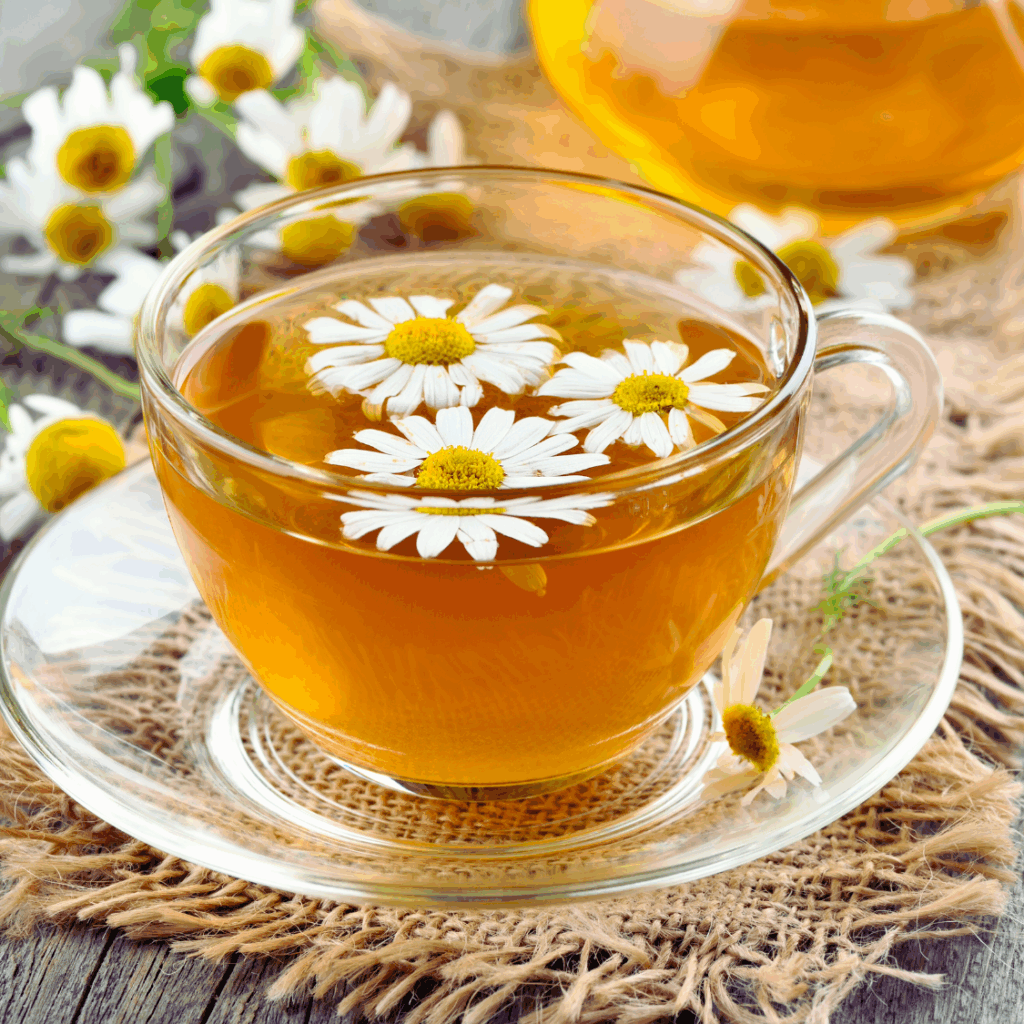
2. Chamomile – Wonderful for relaxation and stress relief
Chamomile flowers have gentle sedative effects, making them wonderful for relaxation, stress relief, and easing indigestion. This classic herb remains a favorite among natural healing remedies for rest and relaxation.
Chamomile is one of the most beloved natural healing remedies thanks to its calming properties that support relaxation, restful sleep, digestion, and even skin health when applied topically. It’s gentle enough for most people and is often used to ease stress, mild anxiety, and stomach upset. However, chamomile is part of the ragweed family, so those with ragweed, daisy, or marigold allergies may experience allergic reactions. In rare cases, it can also interact with blood-thinning medications or cause drowsiness if taken in large amounts. For most people, though, a warm cup of chamomile tea is a safe and soothing addition to a holistic healing routine.
Recipe: Chamomile Sleep Tea
-
Steep 1 tablespoon dried chamomile flowers in 1 cup hot water for 10 minutes.
-
Add a teaspoon of honey if desired.
-
Sip before bed to promote restful sleep.
3. Ginger – Anti-Inflammatory & Digestive Aid
A warming root, ginger is one of the oldest natural healing remedies for nausea, colds, and inflammation.Ginger is a powerhouse among natural healing remedies, widely praised for its ability to ease nausea, support digestion, reduce inflammation, and boost circulation. It’s often used for motion sickness, morning sickness, and relieving cold or flu symptoms. Thanks to its natural anti-inflammatory compounds, ginger may also help ease joint pain and support heart health. While generally safe, consuming too much ginger can sometimes cause heartburn, stomach upset, or diarrhea. It may also interact with blood-thinning medications, so those on such treatments should consult a healthcare professional before using ginger in large amounts. In moderation, ginger is a safe and effective addition to a holistic healing lifestyle.
Recipe: Ginger Honey Tea
-
Slice 1 inch of fresh ginger root.
-
Simmer in 2 cups water for 10 minutes.
-
Add lemon juice and a teaspoon of honey for a soothing drink.
4. Peppermint – Digestive Relief & Energy Boost
Refreshing and invigorating, peppermint eases stomach upset, bloating, and headaches. It’s a must-have in your holistic toolkit of natural healing remedies.
Peppermint is a refreshing herb that has long been valued as one of the most effective natural healing remedies for digestion. It can ease bloating, gas, and stomach cramps while also helping to relieve tension headaches and clear nasal congestion. The menthol in peppermint provides a cooling effect that soothes muscles and promotes relaxation. While peppermint tea is generally safe, peppermint oil in concentrated form can be very strong and may cause heartburn, allergic reactions, or irritation if applied directly to the skin without dilution. People with acid reflux or GERD should also use peppermint cautiously, as it can sometimes worsen symptoms. When used mindfully, peppermint is a refreshing and versatile herb for both body and mind
Recipe: Peppermint Tummy Tea
-
Steep 1 tablespoon dried peppermint leaves in 1 cup boiling water for 5 minutes.
-
Drink after meals to aid digestion.
5. Turmeric – Powerful Anti-Inflammatory
Turmeric contains curcumin, a compound known for reducing inflammation and supporting joint health, making it a cornerstone of natural healing remedies worldwide.
Turmeric is one of the most powerful natural healing remedies, celebrated for its anti-inflammatory and antioxidant properties. The active compound, curcumin, may help reduce joint pain, support heart health, boost brain function, and strengthen the immune system. Turmeric is also known to aid digestion and promote healthy skin. However, because curcumin is not easily absorbed, it’s best paired with black pepper, which enhances absorption. While turmeric is safe for most people, high doses or long-term use may cause stomach upset, nausea, or interact with blood-thinning and diabetes medications. Used moderately, especially in foods or teas, turmeric is a golden spice that supports holistic healing from the inside out.
Recipe: Golden Milk
-
Warm 1 cup plant-based milk.
-
Stir in 1 teaspoon turmeric, ½ teaspoon cinnamon, and a pinch of black pepper.
-
Sweeten with maple syrup.
6. Garlic – Natural Antibiotic & Immune Booster
Garlic is a traditional natural healing remedy for infections and immune support. Garlic is one of the most trusted natural healing remedies, well known for boosting the immune system, lowering blood pressure, supporting heart health, and acting as a natural antibiotic against infections. Its sulfur compounds, like allicin, are what give garlic its powerful healing properties. Many people take garlic daily to help prevent colds or improve circulation. However, garlic can sometimes cause side effects such as bad breath, body odor, heartburn, or digestive upset. In larger amounts, it may increase the risk of bleeding—especially for those taking blood-thinning medications—so caution is advised before surgery or if on certain prescriptions. When enjoyed in moderation, garlic is a safe, flavorful, and effective addition to a holistic healing lifestyle.
Recipe: Garlic Honey Immune Syrup
-
Crush 3 garlic cloves and place in a jar.
-
Cover with raw honey.
-
Let sit overnight and take 1 teaspoon daily for immunity.
7. Lavender – Stress Relief & Sleep Aid
Lavender is calming to the nervous system, making it one of the most soothing natural healing remedies for stress, headaches, and insomnia.
Lavender is one of the most soothing natural healing remedies, cherished for its ability to calm the nervous system, ease anxiety, improve sleep, and even relieve headaches. Its gentle floral aroma makes it a favorite in teas, oils, and aromatherapy. Lavender may also help with minor skin irritations and burns when applied topically. While generally safe, lavender can occasionally cause allergic reactions or skin irritation in sensitive individuals. Ingesting large amounts of lavender tea or oil may also lead to nausea or drowsiness. As with all herbs, moderation is key—but when used wisely, lavender is a fragrant and effective ally for relaxation and holistic healing.
Recipe: Lavender Relaxation Tea
-
Steep 1 teaspoon dried lavender buds in 1 cup hot water for 5 minutes.
-
Strain and sip slowly to calm nerves.
8. Echinacea – Immune System Support
Often called the “cold-fighter,” echinacea boosts the immune system and helps shorten recovery time from illness.Echinacea is a well-known natural healing remedy often used to support the immune system and help the body fight off colds, flu, and other infections. It may also reduce inflammation and promote overall wellness.
Echinacea is commonly consumed as tea, tincture, or capsules at the first signs of illness. While it is generally safe for short-term use, some people may experience allergic reactions, especially those allergic to plants in the daisy or ragweed family. Rare side effects can include nausea, stomach upset, or rash. People with autoimmune disorders or who take immune-suppressing medications should consult a healthcare professional before using echinacea. When used appropriately, echinacea is a gentle and effective herb for holistic immune support.
Recipe: Echinacea Cold Tea
-
Steep 1 tablespoon dried echinacea in hot water for 10 minutes.
-
Drink 2–3 times a day at the first sign of a cold.
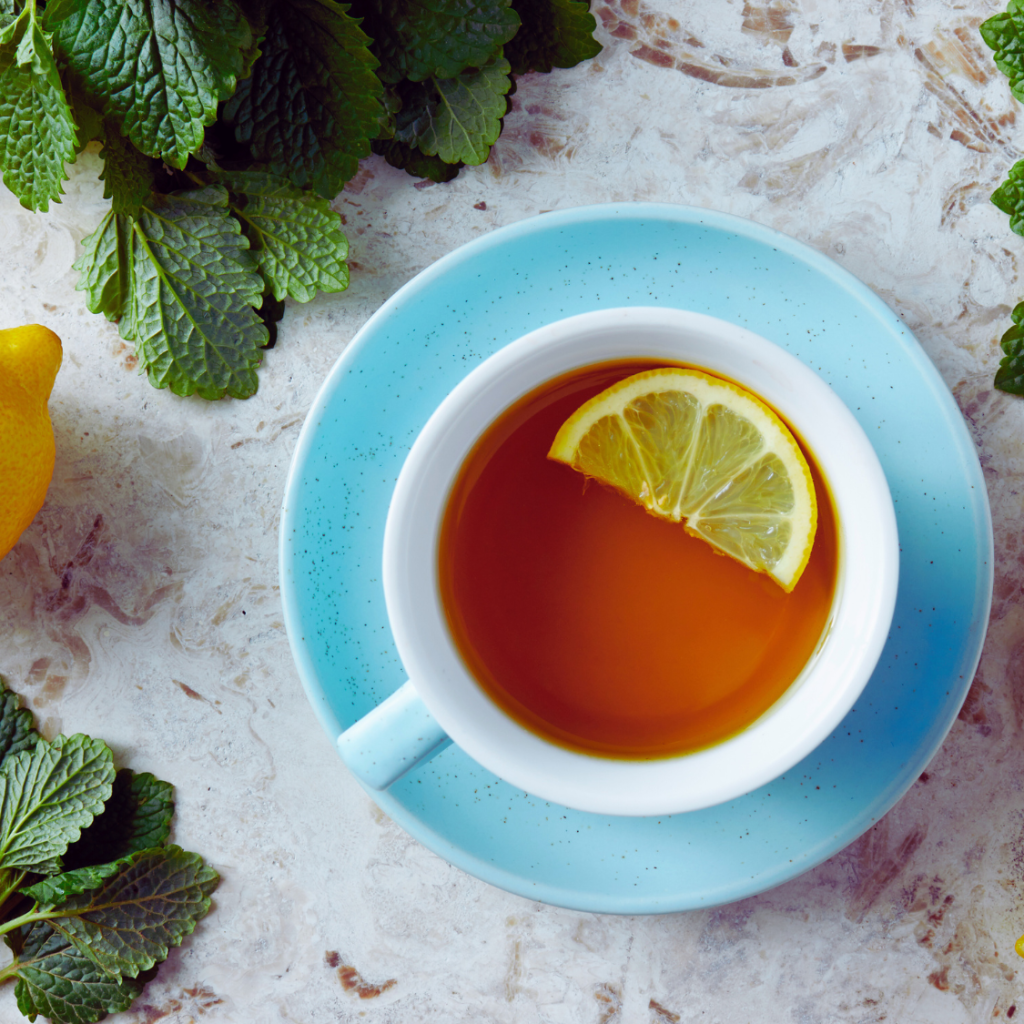
9. Lemon Balm – Anxiety & Digestion Aid
Lemon balm is a gentle herb that promotes calmness and supports digestion. It’s one of those natural healing remedies that tastes as good as it feels.
Lemon balm is a gentle and uplifting natural healing remedy known for its calming effects on the nervous system. It can help reduce stress and anxiety, improve sleep quality, and support digestion by easing bloating or indigestion. Lemon balm is commonly enjoyed as a tea or infused in oils for topical use. While generally safe, some people may experience mild side effects such as nausea, dizziness, or increased sleepiness. Lemon balm can also interact with thyroid medications or sedatives, so those taking prescription medications should consult a healthcare professional before use. When used thoughtfully, lemon balm is a soothing and versatile herb for holistic healing and relaxation.
Recipe: Lemon Balm Calming Tea
-
Steep 1 tablespoon fresh or dried lemon balm leaves in hot water for 10 minutes.
-
Add a slice of lemon for extra flavor.
10. Thyme – Respiratory Health & Antimicrobial
Thyme is excellent for coughs, sore throats, and lung support. Among natural healing remedies, it’s especially valued for respiratory wellness.
Thyme is a powerful natural healing remedy, prized for its antimicrobial, antioxidant, and respiratory-supporting properties. It can help relieve coughs, sore throats, and congestion, and may also support digestion and overall immune health. Thyme is commonly used in teas, tinctures, or as a culinary herb in cooking. While generally safe, concentrated thyme oil can be very strong and may cause skin irritation or upset stomach if ingested in large amounts. People with allergies to the mint family should exercise caution. When used appropriately, thyme is a versatile herb that supports holistic healing and respiratory wellness.
Recipe: Thyme Cough Syrup
-
Simmer 2 tablespoons dried thyme in 1 cup water for 10 minutes.
-
Strain and mix with ½ cup raw honey.
-
Take 1 teaspoon as needed for cough relief.
11. Calendula – Skin Healing & Anti-Inflammatory
Calendula flowers gently support skin healing and reduce inflammation, making them a top natural healing remedy for rashes, scrapes, and dryness.
Calendula is a gentle yet effective natural healing remedy, widely used for its anti-inflammatory, antibacterial, and skin-healing properties. It can help soothe minor cuts, scrapes, rashes, eczema, and other skin irritations, and is often made into oils, salves, or teas. Calendula is generally very safe, but in rare cases, some individuals may experience allergic reactions, especially those sensitive to plants in the daisy family. Topical use may occasionally cause mild irritation. When used mindfully, calendula is a nurturing herb that promotes skin health and supports holistic healing naturally.
Recipe: Calendula Healing Oil
-
Fill a jar halfway with dried calendula petals.
-
Cover with olive oil.
-
Let sit in a sunny window for 2 weeks, strain, and use on irritated skin.
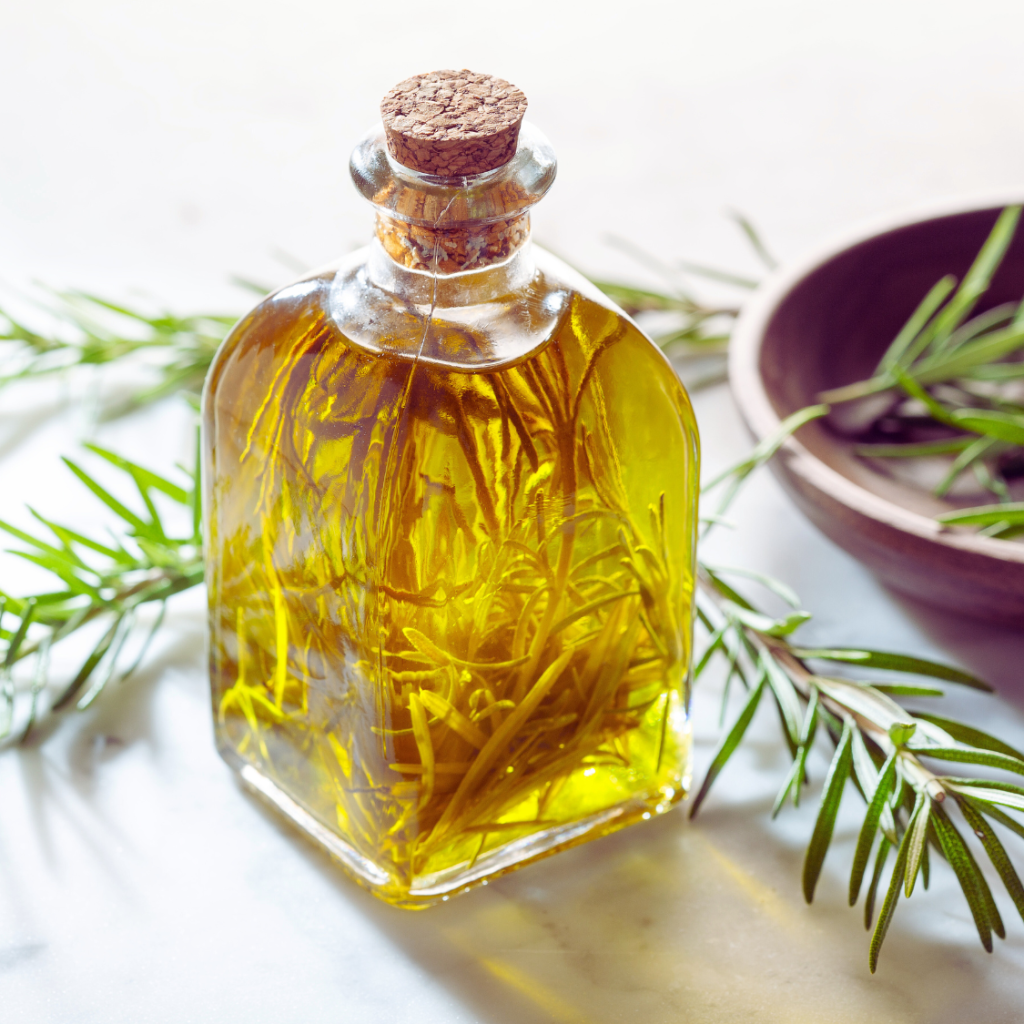 12. Rosemary – Memory & Circulation Booster
12. Rosemary – Memory & Circulation Booster
Rosemary supports memory, concentration, and circulation. This fragrant herb is both a culinary delight and a simple healing remedy.
Rosemary is a fragrant and stimulating natural healing remedy, valued for its ability to support memory, concentration, and circulation. It also has antioxidant and anti-inflammatory properties, which can promote overall wellness and healthy hair when used in rinses or oils. While generally safe in culinary amounts, concentrated rosemary oil can cause irritation, and consuming large amounts may lead to stomach upset or increased heart rate. People who are pregnant, have high blood pressure, or take certain medications should consult a healthcare professional before using rosemary in medicinal doses. When used appropriately, rosemary is a versatile herb that enhances both mental clarity and holistic health.
Recipe: Rosemary Hair Rinse
-
Boil 2 cups water and add 2 tablespoons dried rosemary.
-
Let cool, strain, and pour over hair after shampooing to stimulate scalp health.
13. Holy Basil (Tulsi) – Stress Relief & Immunity
Holy basil, or Tulsi, is treasured in Ayurvedic medicine as a powerful natural healing remedy for stress reduction and immune balance.
Holy Basil, also known as Tulsi, is a revered natural healing remedy in Ayurvedic medicine, celebrated for its ability to reduce stress, support the immune system, and promote overall wellness. It can help balance blood sugar, improve respiratory health, and enhance mental clarity. Tulsi is commonly consumed as a tea, tincture, or in supplement form. While generally safe, some people may experience mild side effects such as nausea, diarrhea, or lowered blood sugar levels. Those taking blood-thinning medications, diabetes medications, or who are pregnant should consult a healthcare professional before using Tulsi in medicinal amounts. Used thoughtfully, Holy Basil is a gentle and powerful herb for holistic healing and daily well-being.
Recipe: Tulsi Tea
-
Steep 1 tablespoon fresh or dried holy basil leaves in 1 cup hot water for 10 minutes.
-
Drink daily to support overall health.
These 13 natural healing remedies are beautiful reminders that God has already placed so many cures in nature. Whether you’re making a soothing tea, a healing oil, or a nourishing tonic, these plants can support your body naturally and gently.
Always remember: while herbs are powerful, they should complement—not replace—professional medical care when needed.
